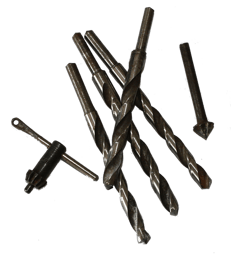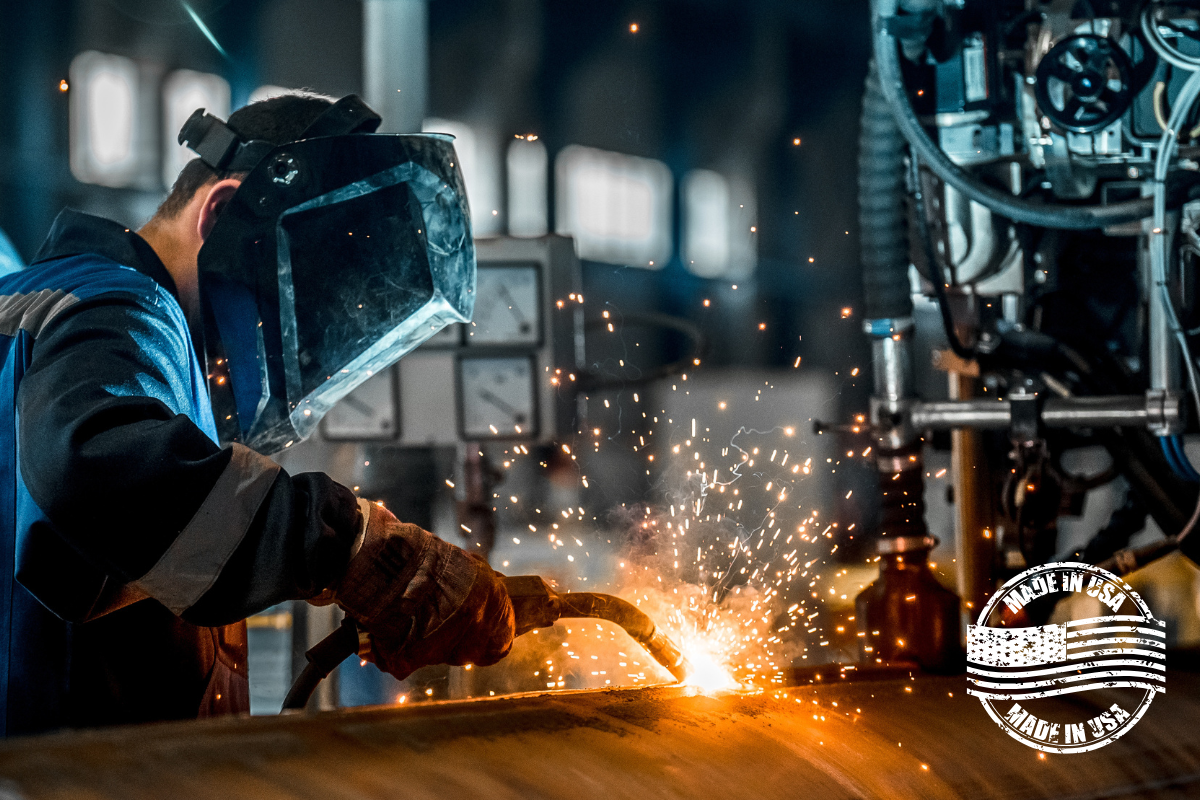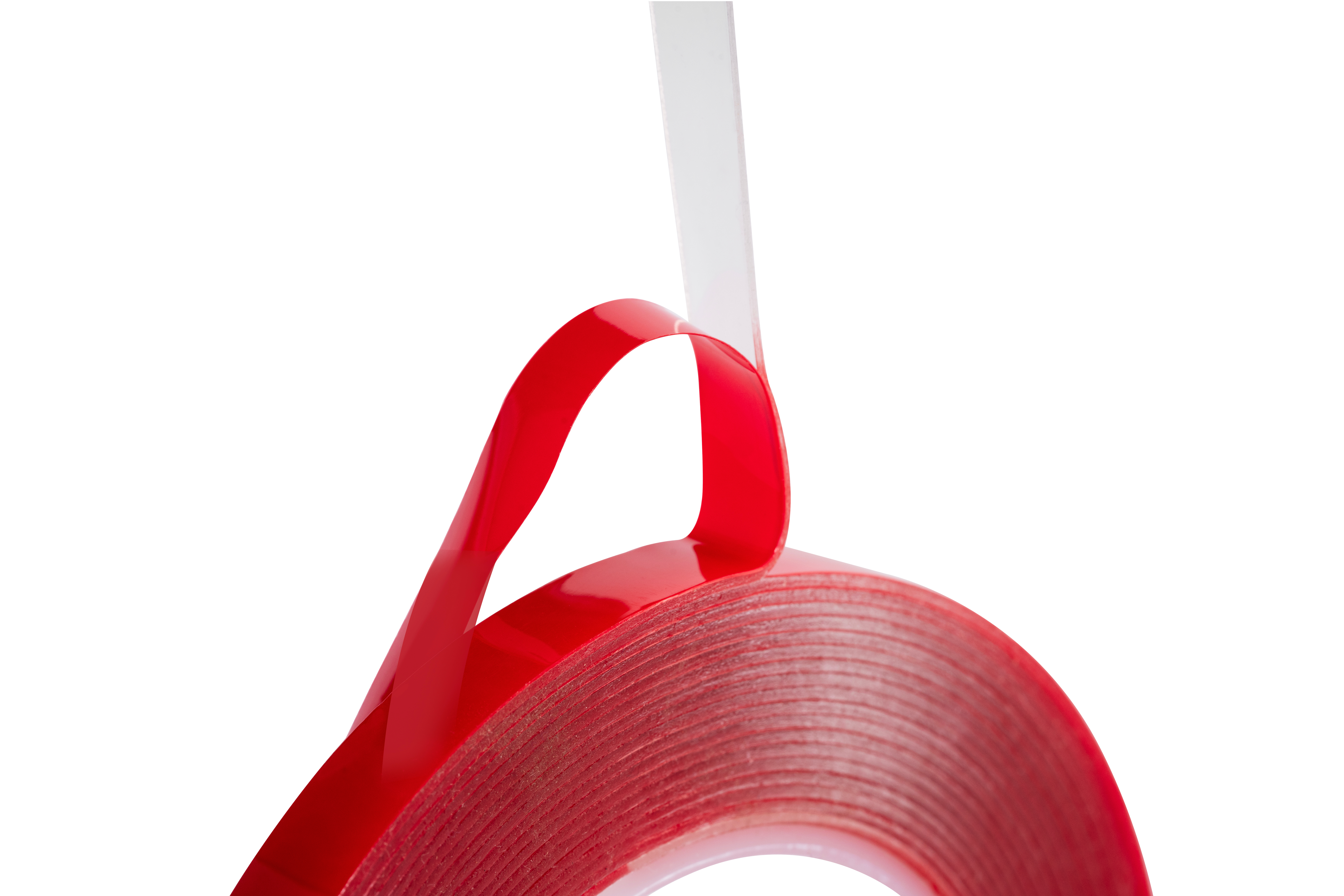When Cheap isn't Inexpensive
 The cheapest drill bits are not necessarily the most cost-efficient in the long run. There are times when the cheapest product is all you may need. In most cases within a production environment; higher quality may ultimately serve you better.
The cheapest drill bits are not necessarily the most cost-efficient in the long run. There are times when the cheapest product is all you may need. In most cases within a production environment; higher quality may ultimately serve you better.
Many companies see drill bits as a commodity or MRO part. A company’s Maintenance department often purchases drill bits and doesn’t track inventory the same way as if it fell under the Production umbrella.
Maintenance vs. Production
At the purchase stage, production buyers of cutting tools may understand that a tool’s performance, not necessarily a low price tag, is critical. While quality, reliability and tool life may be a factor for many manufacturers when choosing tools for future projects. Many more tend to stick with the brand originally purchased giving the sector a 75% retention rate.[*] Unfortunately, this often leads to the purchase of the incorrect parts for an application. That could mean either overkill (an unnecessarily robust part), or something insufficient (and subsequently inefficient) for the application. Large-volume users tend to benefit more from the cost savings achieved from using higher-quality drill bits.
The Right Partner Can Make a Difference
In the past few years, customers in the cutting tools market have started to lean more and more on distributor recommendations.[*] That’s a good strategy as long as the distributor has reps with a comprehensive understanding of the product as well as the customer’s applications. Even if they don’t, the distributor can, and should, leverage their relationship with the manufacturer to help make recommendations. Either way, an honest assessment of the customer’s needs will lead to the selection of the most appropriate products.
 A good vendor should also be willing to allow the customer to try different samples to test the effectiveness and longevity of the drill bits they’re contemplating purchasing. This small cost to the supplier can provide huge dividends in the end for the customer and your relationship.
A good vendor should also be willing to allow the customer to try different samples to test the effectiveness and longevity of the drill bits they’re contemplating purchasing. This small cost to the supplier can provide huge dividends in the end for the customer and your relationship.
A distributor or manufacturer’s lack of technical support or innovation in a given area is when a change is most likely to happen. For example, customers are more likely to investigate different offerings if they had a new application that the original tool manufacturer did not support, or with which they had problems.[*]
If you’re buying from a small, local supplier because you need an assurance that you can get parts in a hurry when you unexpectedly run out, Austin Hardware can help. Our national footprint allows us to serve the majority of the country via economical ground shipping in just one day. We can also work with you to establish a VMI program, insuring inventory is continually on your shelf, even if you still see drill bits as a commodity or MRO part. We can help you consolidate your vendors in the process as well.
[*]Advanced Electronics, July 2018, “The US cutting-tools market: What changes lie ahead?”







